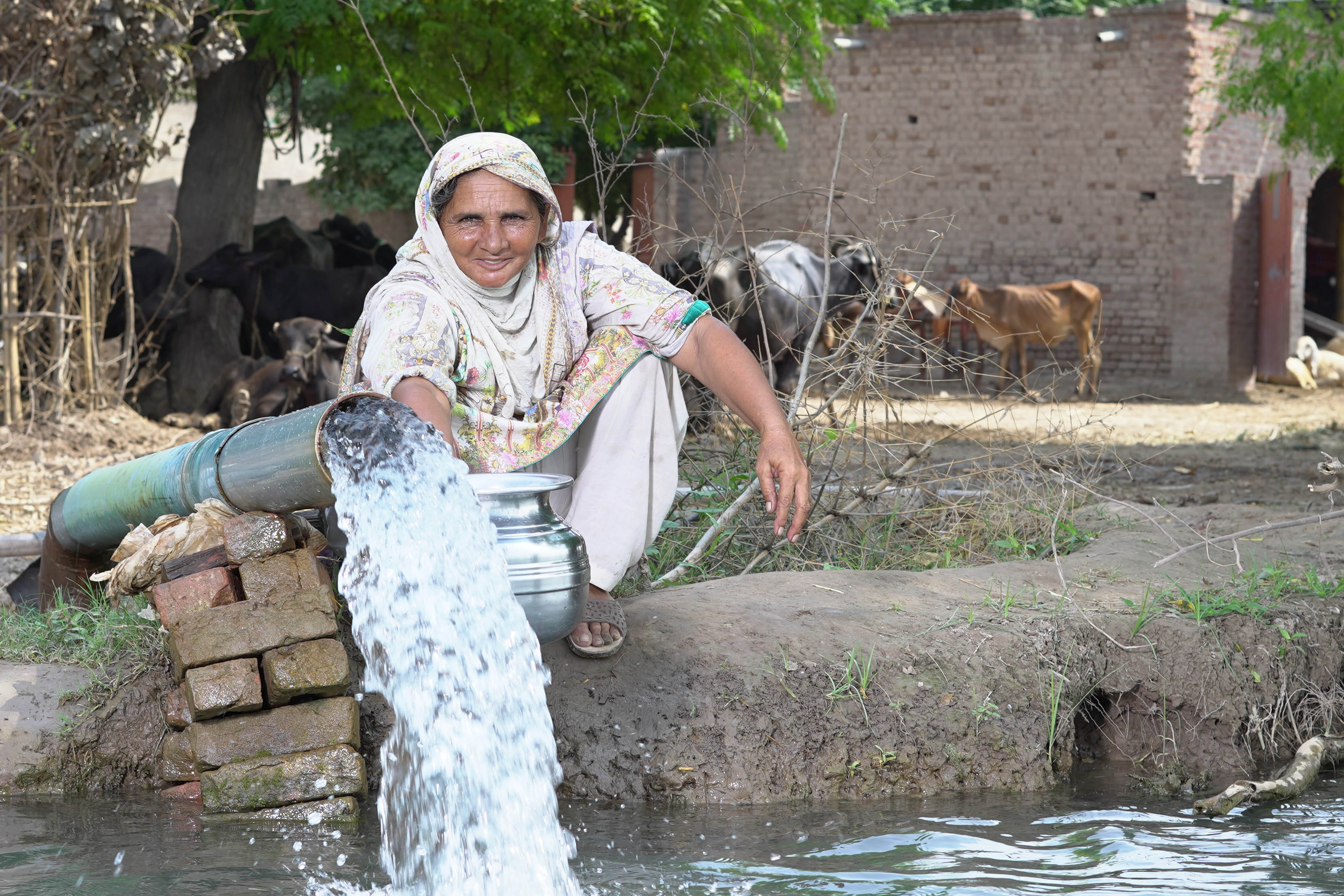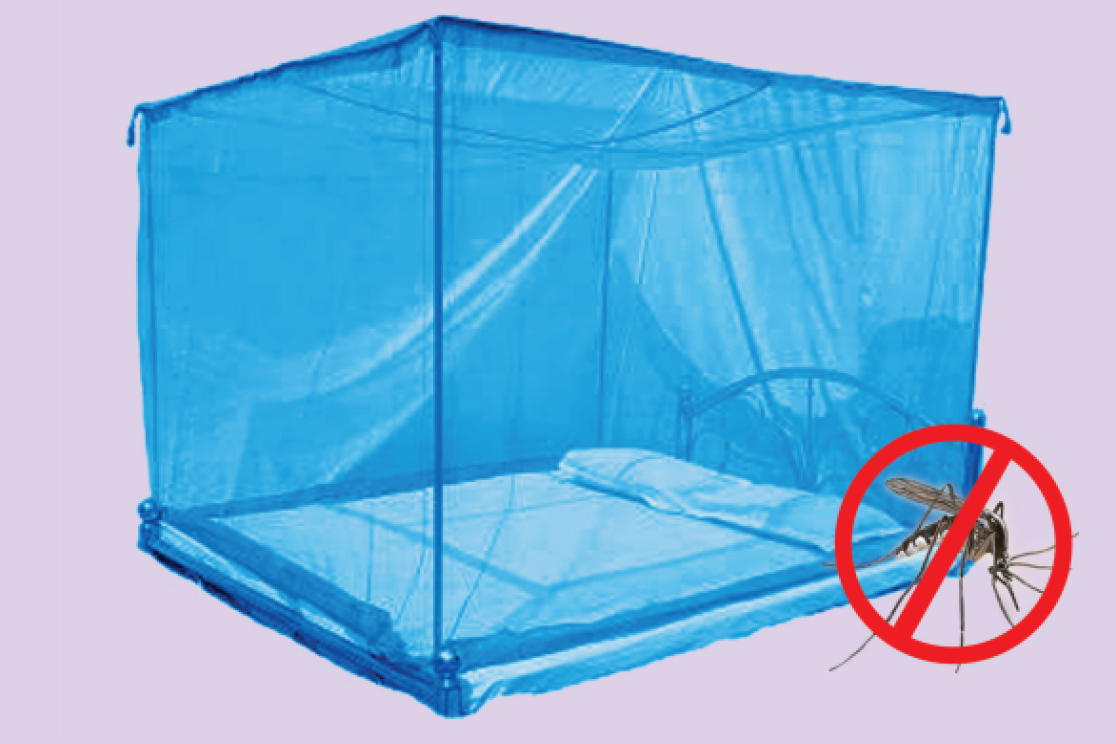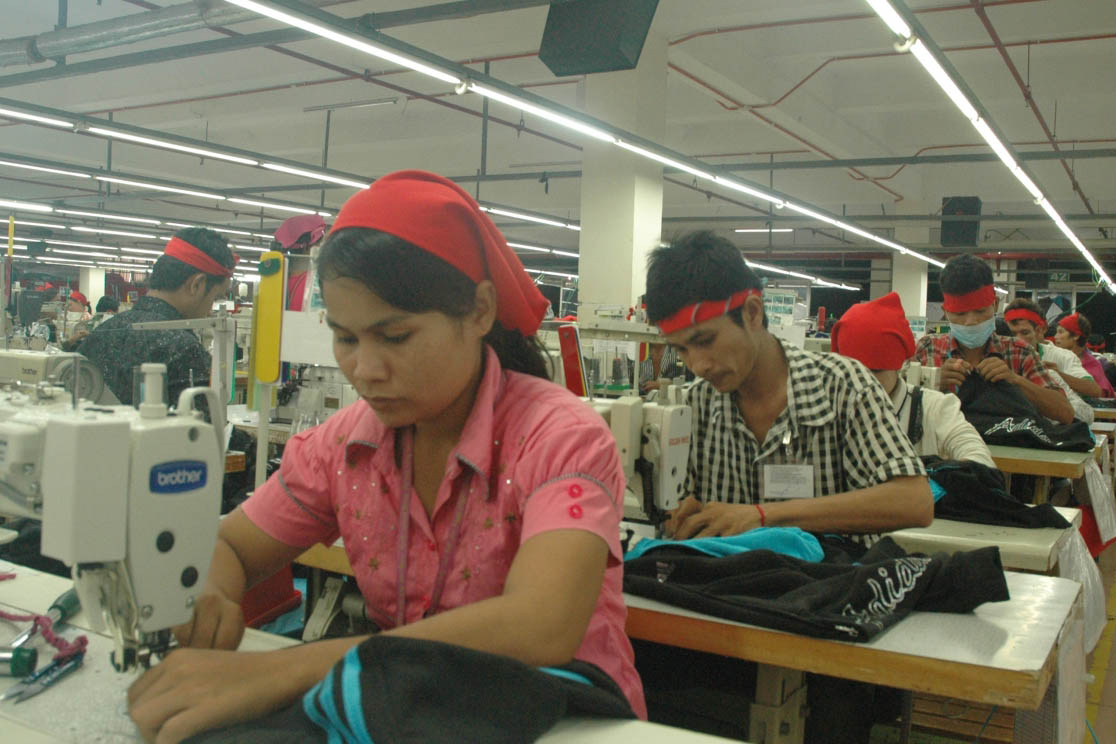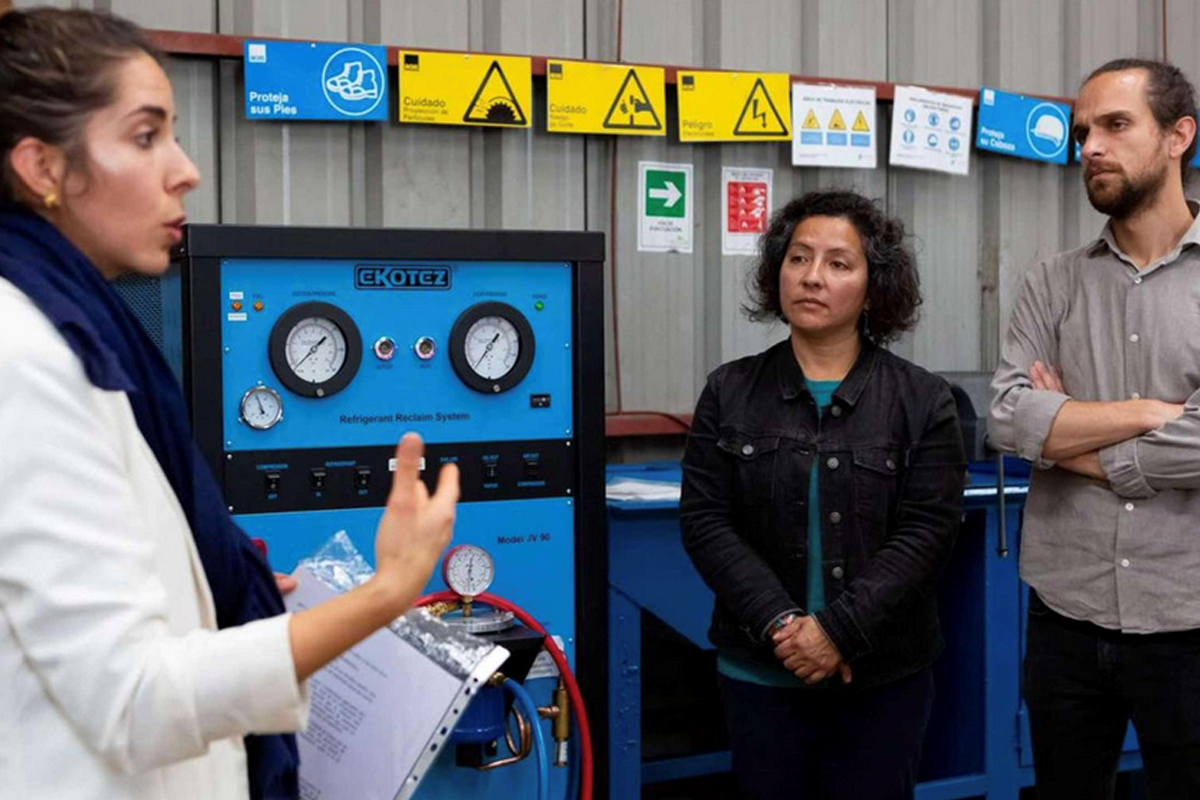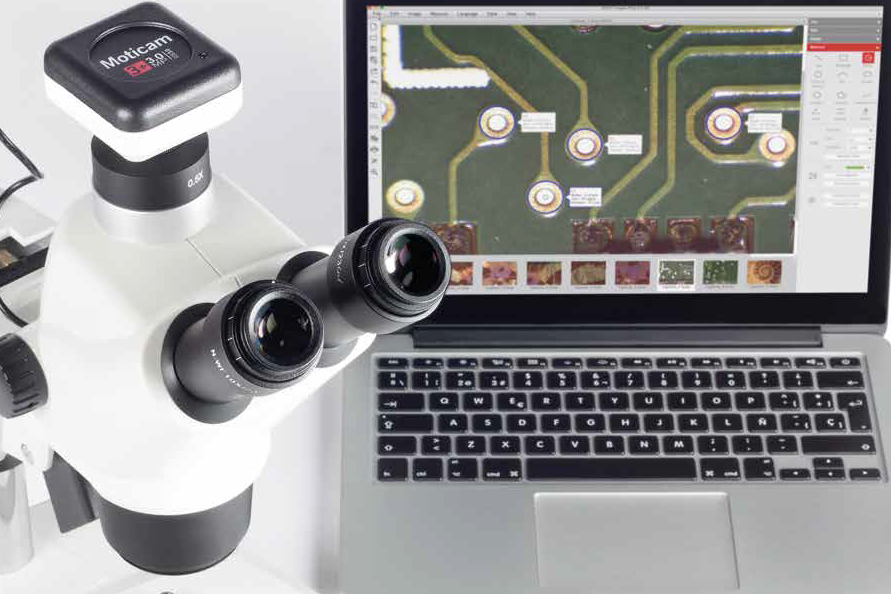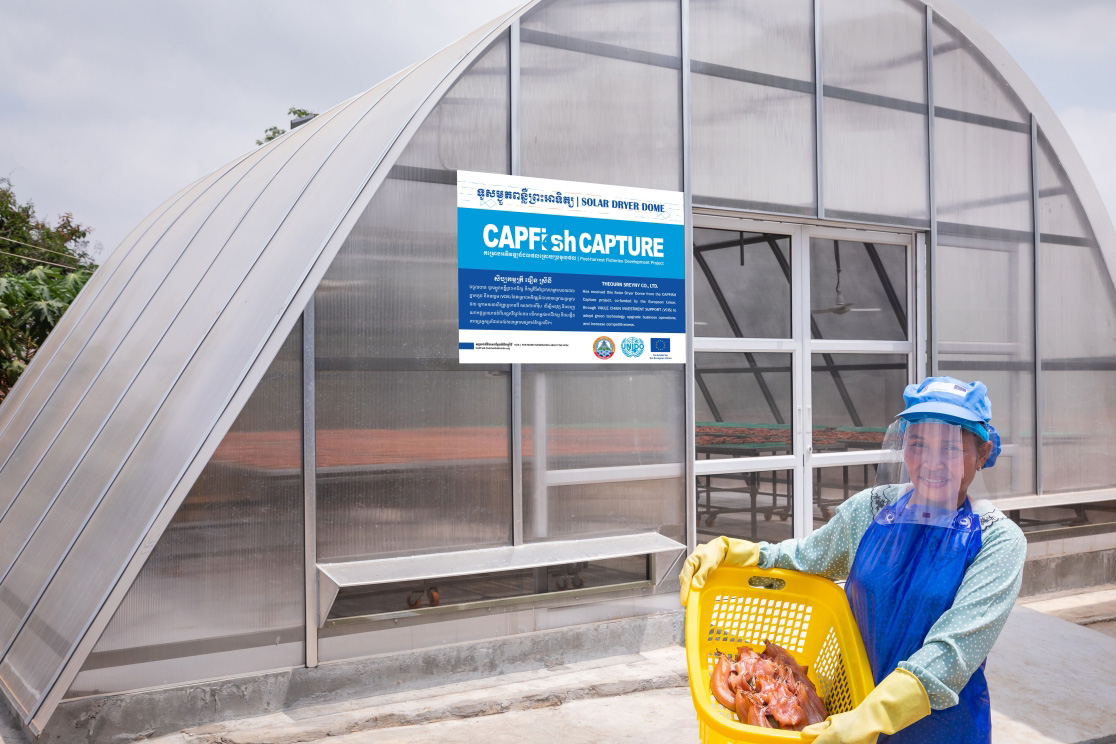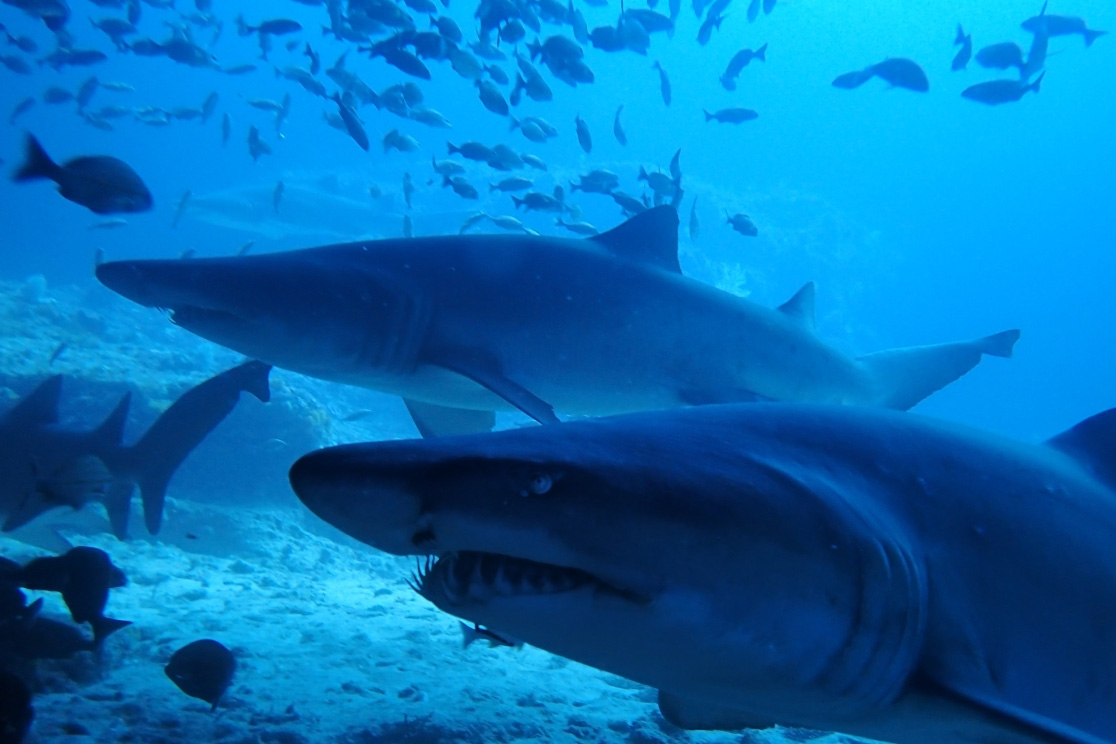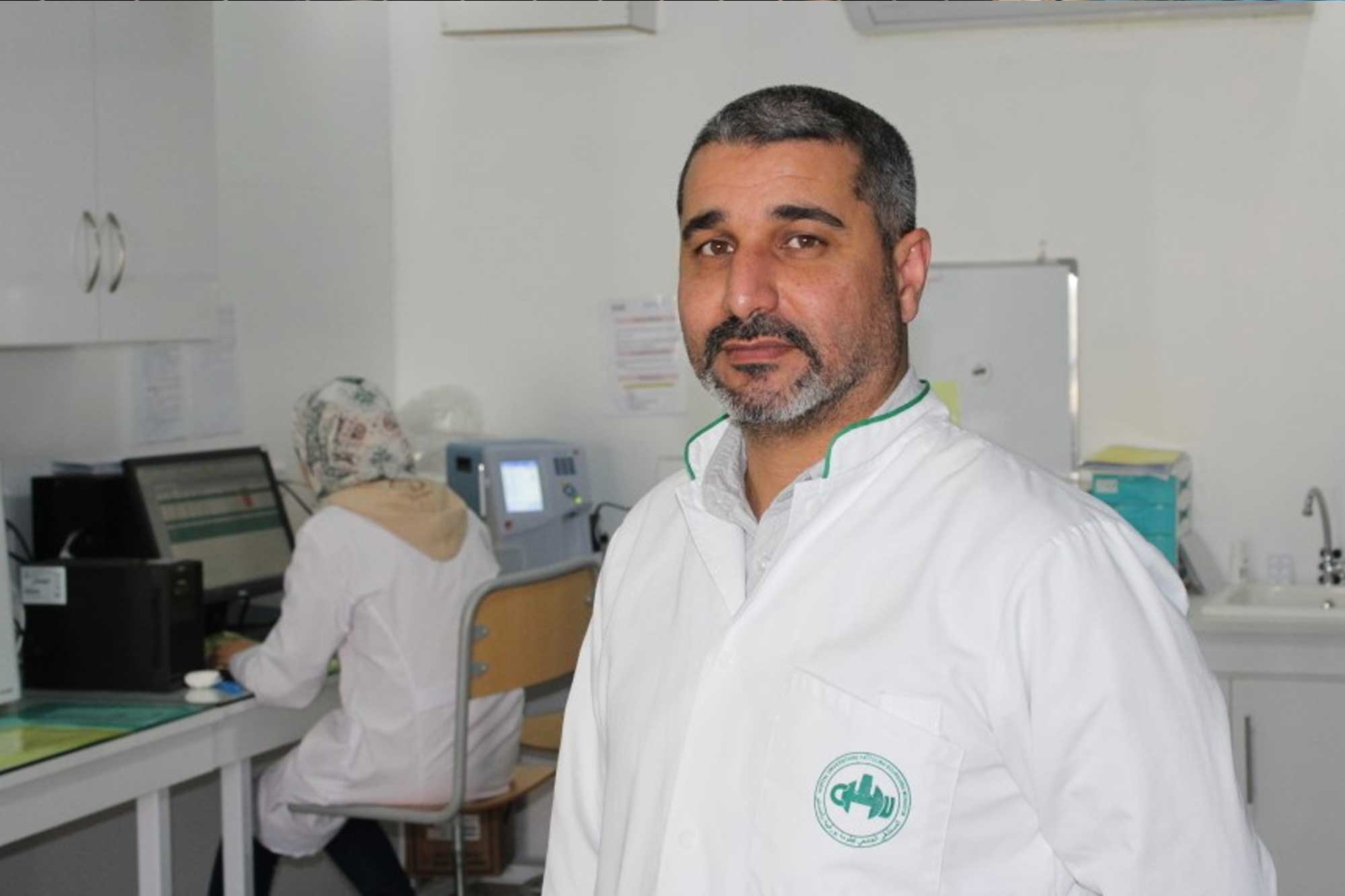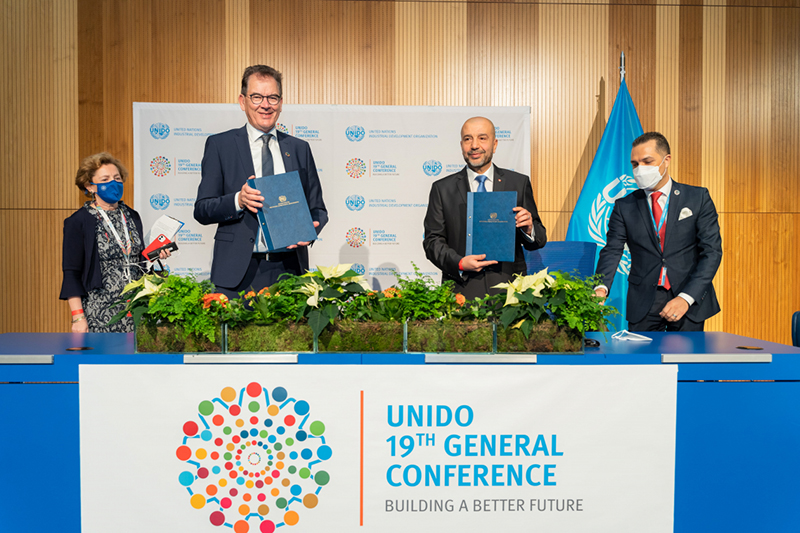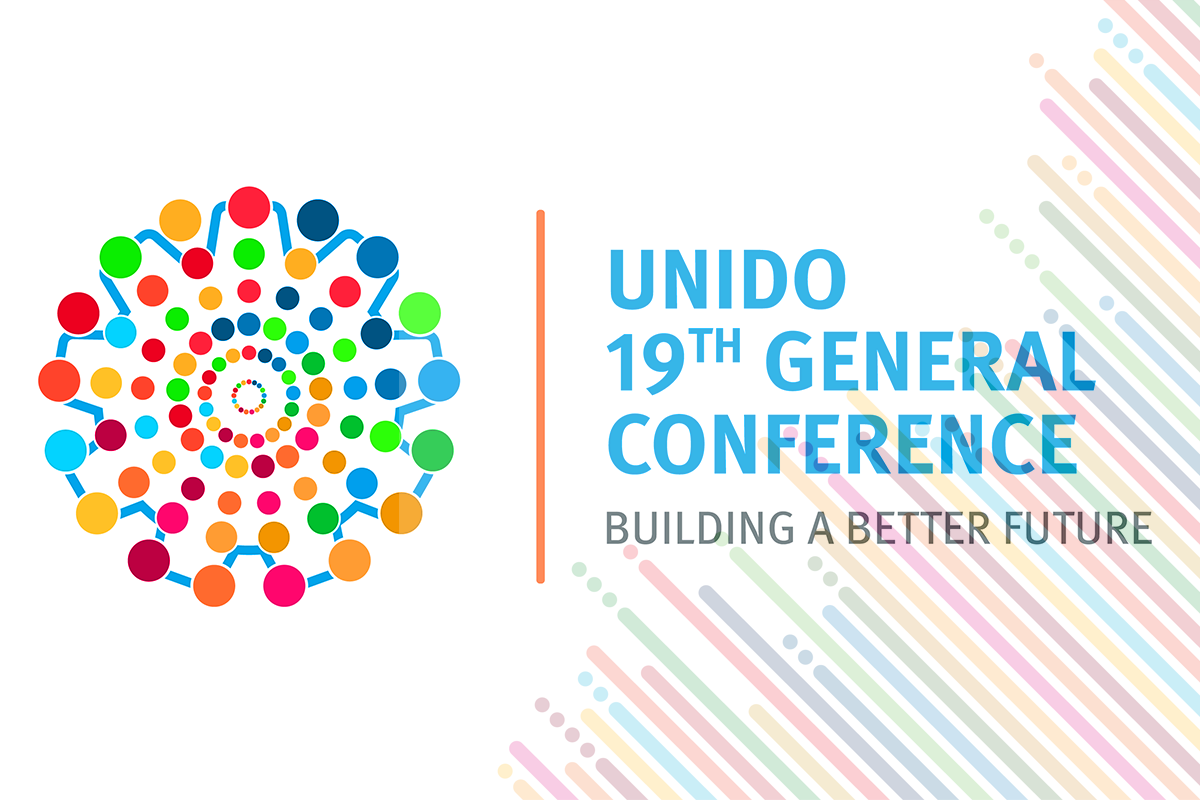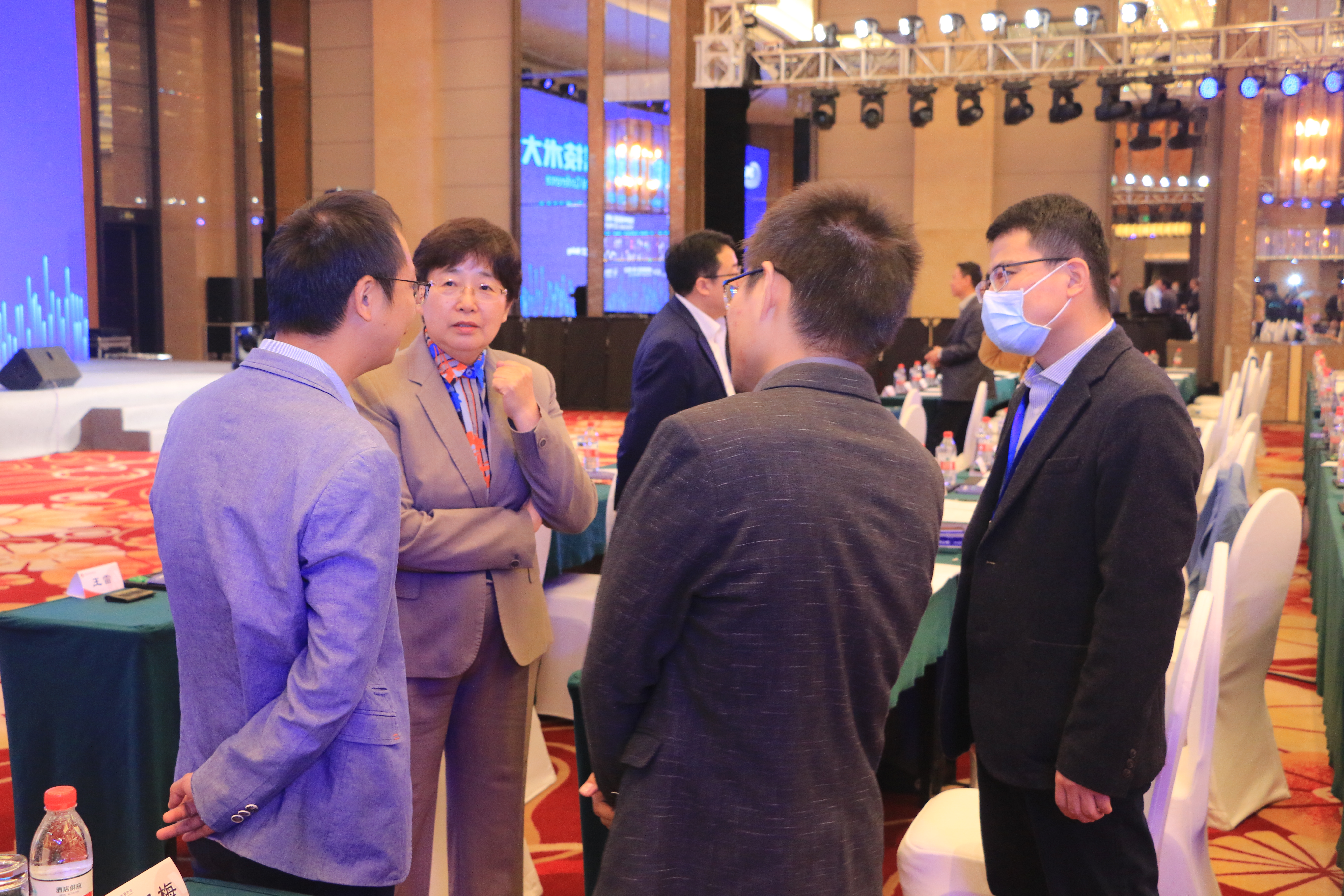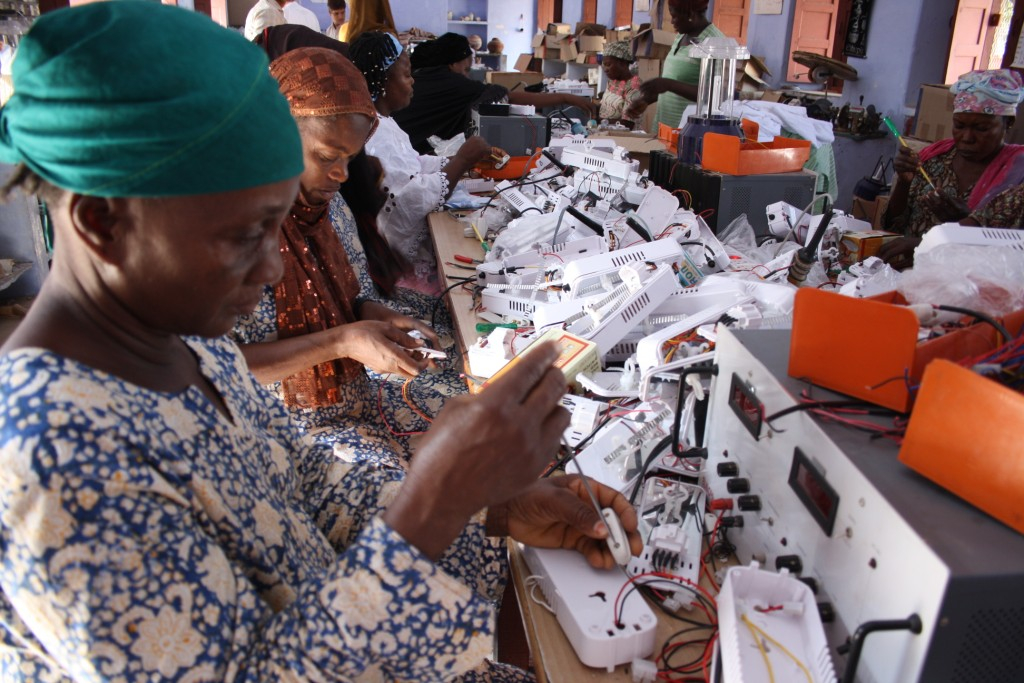With UNIDO's support in applying renewable energy solutions for productive uses, including solar-powered tube wells, have improved smallholder farmers in Pakistan farming practices and small enterprises.
UNIDO
The 1962 book "Silent Spring" highlighted the devastating effects of DDT, the world's first modern synthetic insecticide, leading to increased awareness and eventual international restrictions on its use through the Stockholm Convention on Persistent Organic Pollutants in 2004.
The UNIDO project has effectively reduced greenhouse gas emissions and promoted green technologies in 55 factories and SMEs, leading to a boost in productivity.
UNIDO: Promoting circularity in refrigerant gases; a climate-friendly cooling solution.
In Cuba, the packaging industry is probably the weakest point in the country’s food-processing sector - UNIDO works to strengthen and modernize this vital part of the country’s agro-industry.
Traditional fish drying methods are inefficient, unhygienic, harmful, and unsustainable. UNIDO’s solar dryer domes, powered by solar are faster, safer and preserving flavor.
Cast as a sea villain, the shark is the most misunderstood creature in the ocean. As predators at the top of the food chain, sharks are essential for maintaining a balanced and healthy marine ecosystem. Realizing that shark numbers are sharply decreasing and driven by the necessity to find a solution to protect both humans and ocean life, SharkSafe Barrier technology was developed. Inspired by nature and supported by UNIDO’s Global Cleantech Innovation Programme, it is safeguarding both humans and sharks while paving the way for safer beaches.
In Tunisia, entrepreneurs are getting a helping hand from the Mashrou3i project - implemented by UNIDO, USAID, AICS and the HP Foundation.
UNIDO explains how a just and inclusive transition towards circularity calls for the participation of women across the entire circular economy spectrum at all levels of technology use.
Only three per cent of Latin America’s e-waste is reported as collected through formal channels and treated in an environmentally sound manner, according to the Regional E-Waste Monitor for Latin-America.
Gerd Müller, Germany’s acting Federal Minister for Economic Cooperation and Development, is set to take office as the new Director General of the UN Industrial Development Organization, succeeding Li Yong.
The General Conference, the highest policymaking organ of UNIDO, is being held as a hybrid event in Vienna on 29 November to 3 December 2021. Follow the agenda and visit the virtual exhibit.
Small propane split air conditioners from Chinese appliance giant Midea – the only room AC models to earn Germany’s highly demanding “Blue Angel” ecolabel – are now available on the European market.
“What concerns me most are the refrigerants used in air conditioners, which damage the ozone layer or are a greenhouse gas. It will be more difficult to protect the environment if more such refrigerants are used" - WANG Lei
The ‘Barefoot story’ is an engrossing tale: women battling the odds to better themselves in order to help their families and their communities by way of solar energy. The first Barefoot College was established in India in 1972 to train illiterate or semi-illiterate women, and to provide them with the basic skills to be solution-providers in their rural communities. The initiative has now spread to ninety-three countries around the world. The ‘Barefoot’ Solar engineers of Sierra Leone, supported by the United Nations Industrial Development Organization (UNIDO) are part of it.

